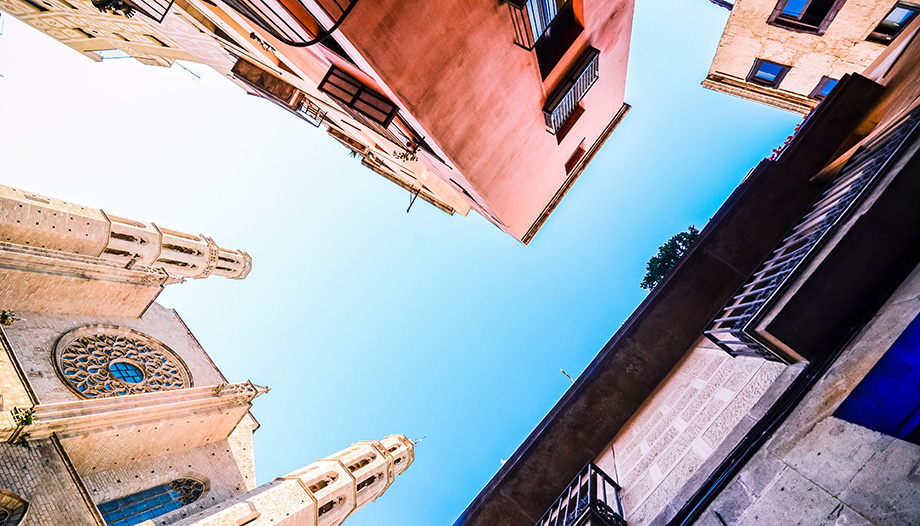The summer course "El hecho religioso en la España actual", Civil society, religiosity and education in Spain today addresses, in an interdisciplinary manner, the historical role and the legal-political, sociological and cultural consideration of the religious fact and experience in Spain.
During the academic year 2020-2021 professors of the Complutense University of Madrid and some other collaborators of the Research Department of the European Foundation Society and Education, have addressed, in an interdisciplinary way, the historical role and the legal-political, sociological and cultural consideration of the fact and the religious experience in Spain. It is a study in which I have had the possibility of participating throughout this time and which I sincerely believe may have an interesting relevance.
The aim is to approach in a scientific and systematic way, far from the dialectic fight marked by ideologies, the religious fact in the current Spanish society. A rigorous study that has been carried out over more than a year and that can help to shed light on a topic of constant actuality.
The summer course, which is organized in El Escorial by the Complutense University, represents an important milestone in the development of this study. As the organizers point out 'this meeting presents and deliberates on the results of these lines of research in the context of the inclusion policies of the 2030 Agenda and the relevance of education in the reciprocal influence between the religiosity of individuals and society, as well as in the effects of that influence on the creation of cultural, civic and relational capacities'.

And it is true that we have to take a little distance in order to be able to dialogue properly on these issues which, when put in the political arena, are difficult and create tension, but when dealt with in the university environment, they generate spaces for dialogue and the healthy contrast of thoughts. Undoubtedly, this should be the true university spirit.
The University as an institution and the university spirit that should be formed in those of us who have passed through its classrooms should bring to our society values such as the sincere search for truth, respect for the ideas of others because it is a sign of respect for each person and their freedom, shared work and the search for the common good, and an authentic vocation of service to society.
The regeneration of society requires a return of the University to its roots as the cradle of knowledge.
Javier Segura
But let us recognize that to a large extent the University has diluted this identity and has become a 'machine for issuing degrees' that then enables access to the labor market. This commercialization of the university spirit is, in my opinion, one of the causes of its waning prestige and influence in society, which should be above all moral and intellectual and cannot be measured simply in terms of efficiency.
A regeneration of society also requires a return of the University to its roots as the cradle of knowledge, as an 'alma mater' as it was once defined, a mother who nourishes with her knowledge all those who participate in her life. This type of course recovers that university spirit and puts us all in an attitude of respectful listening and constructive dialogue to approach, on this occasion, the religious fact and its personal and social value.
In this sense, it is paradigmatic and significant that an institution, the University, which was born of the Church itself and is one of the richest projections of the historical and cultural relevance of the faith, should be the setting for this reflection on the same religious fact and its relevance in today's Spain.
Teaching Delegate in the Diocese of Getafe since the 2010-2011 academic year, he has previously exercised this service in the Archbishopric of Pamplona and Tudela, for seven years (2003-2009). He currently combines this work with his dedication to youth ministry directing the Public Association of the Faithful 'Milicia de Santa Maria' and the educational association 'VEN Y VERÁS. EDUCATION', of which he is President.







